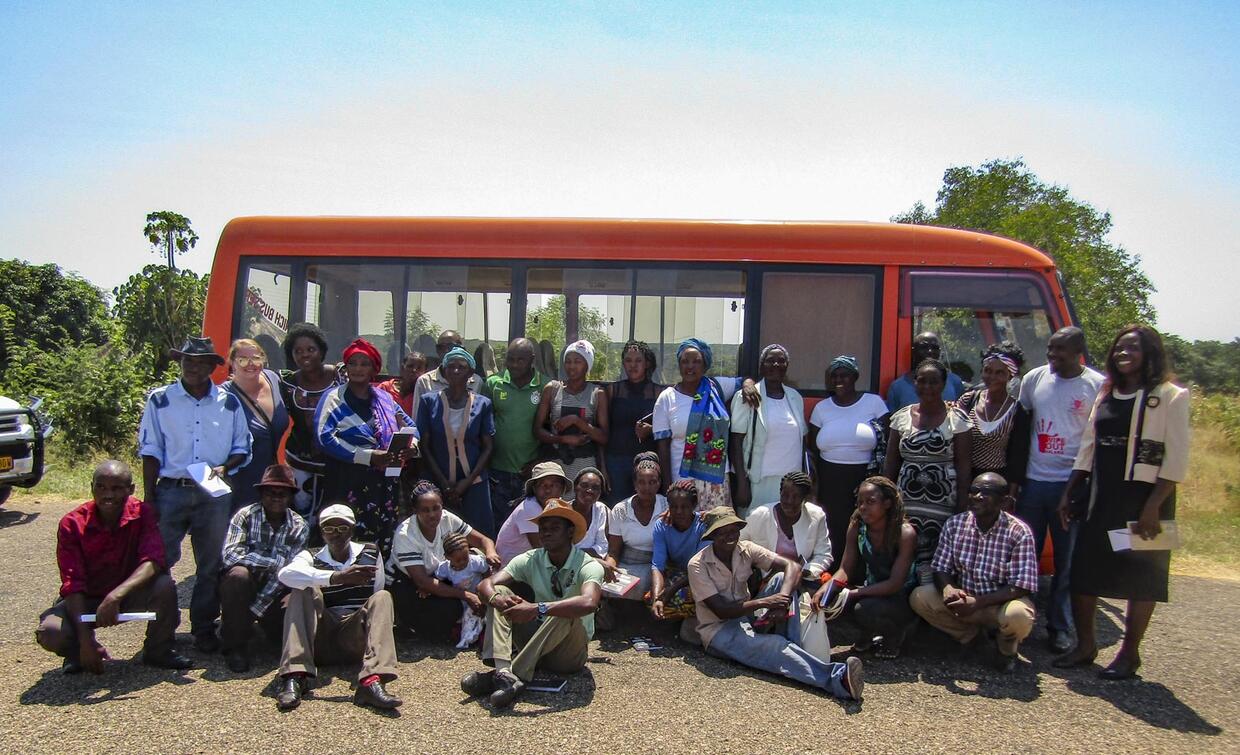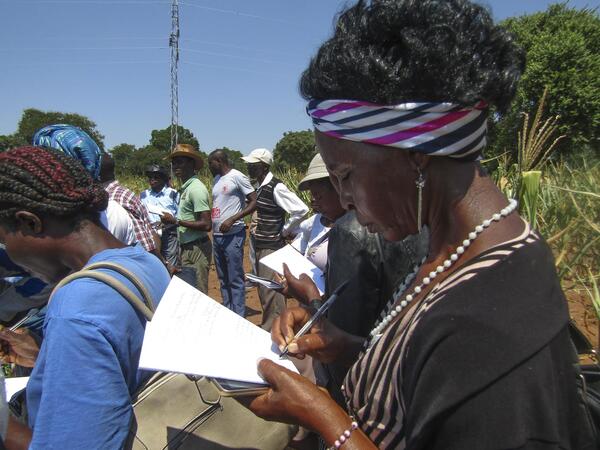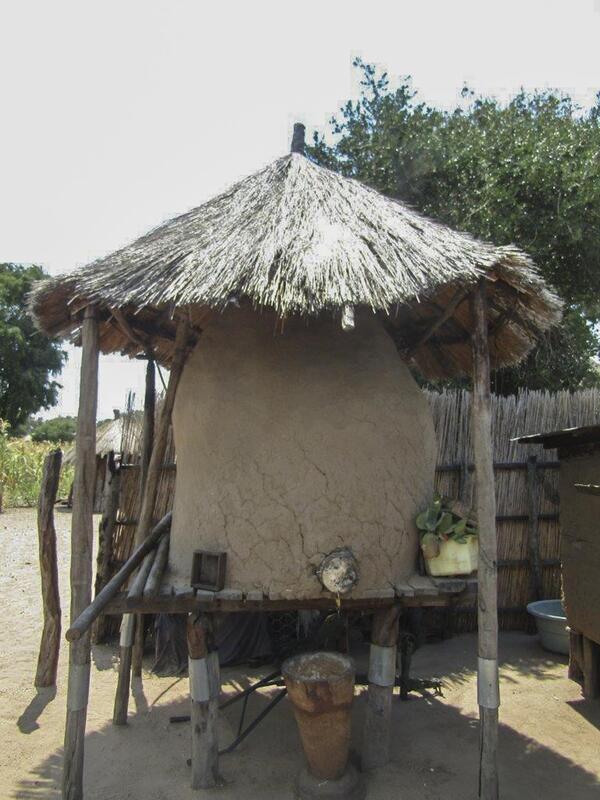
From the 18 to 20 March 2019, 30 Namibian Conservation Agriculture (CA) farmers had an exchange visit to the WWF CA Project in Zambia, in the Sesheke District. These projects are both supported by the Morby Family Charitable Foundation as part of the Sustainable Communities Partnership (SCP) and have developed a good working relationship through their sponsors.
Since 2014, the Namibia Nature Foundation (NNF) has been working with farmers at ground-level in the two Kavango Regions, under the European Union (EU) Climate Smart Agriculture Project with the partners Development Aid from People to People (DAPP) Namibia and U-landshjälp från Folk till Folk i Finland rf (UFF), supported by the EU and the Pupkewitz Foundation. It was through this collaboration that the NNF implemented the SCP CA Project in Zambezi Region in 2016, with support from the World Wildlife Fund in Namibia.
The Conservation Agriculture practice stands on three pillars, which are: permanent soil cover, minimal soil disturbance, and planting of a variety of crops and rotation. The practice is increasing globally as the best method that farmers can adapt to curb the impact of climate change.
Zambia is one of the CA pioneers in southern Africa, with over 3000 CA farmers in the Sesheke District alone. The visit created a platform to exchange ideas and allowed Namibian farmers from the two CA projects in the Kavango and Zambezi Regions to learn from Zambia through experience-based information sharing on CA, and exchange ideas on climate change mitigation related efforts.
The farmers visited three CA fields and had a chance to explore and discuss issues, ranging from seed varieties, seed multiplication and GAP (Good Agricultural Practices), and engage on food diversification methods to improve their income streams.
Other techniques highlighted were the integrated pest management (scouting, crop rotation and inter-cropping methods, to help reduce the build-up of pests) and Post-harvest Losses. Farmers were very optimistic to learn about different storage options and acknowledged that they are affected by post-harvest losses due to lack of facilities and knowledge on harvest management, which result in huge losses for household subsistence and income.
The project has been severely affected this year by the long dry spell that was experienced during the planting season in January and February, which resulted in crop failure due to heat stress. However, those farmers who took advantage of the early rains that fell in December will be able to harvest.
Pauline Kahana is one of the CA farmers in Kavango West who performed exceptionally well for the 2017/18 season. “What I love about CA and the Climate Project is that, it is not only about the harvest, but also the support and knowledge that we get throughout the project, like this exchange visit,” she said. However, this year Kahana will not be able to harvest as much as she did last year, due to the poor rainfall received. Commenting on the exchange visit, she said, “the visit has helped me understand and acknowledge that my fellow farmers and I are not the only ones struggling this season, but that drought is a threat in both countries.”
Farmers are heavily dependent on rain for their crop production. Poor rains negatively affect their yield and consequently their household income and leave them with food shortage. “This becomes heavy on their pockets as most of them are subsistence farmers”, explained Allen Jiji, NNF EU Climate Smart Agriculture Project Coordinator.
Even with the current drought, the CA project remains hopeful and farmers look forward to taking into practice and implementing some of the ideas that were shared during the exchange visit.
NEW DEAL FOR NATURE
WWF is pushing for greater activity by governments, industry and people to combat global heating, loss of biodiversity and pollution, calling for A new Deal for Nature. This page will provide links to articles about the crisis facing humanity and the environment.
Wildlife corridors and landscape conservation are usually associated with elephants and plains game, but how about butterflies? The return of the Duke of Burgundy is a story about how insect populations can revive. And they need to, because an Insectageddon threatens the planet's insects – and humans.


